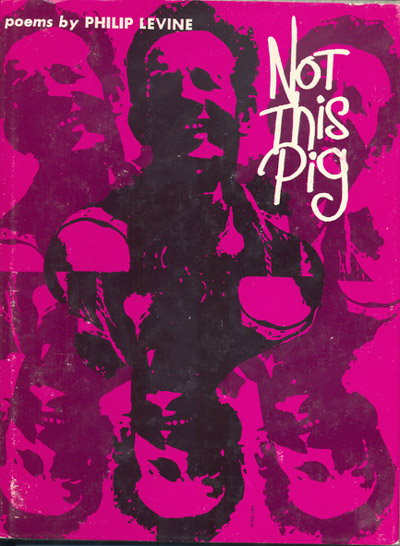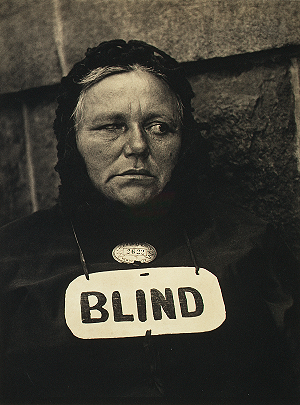“Does it sound like an old friend is gone?” That’s what George Carlin said about removing a compound matrilineal redundancy from his famously scandalous comedy routine, Seven Words You Can’t Say on Television. Thanks to Carlin and free speech champions like him, you can say those words on the Internet. If you are offended by them, or their compounds and derivatives, this blog probably isn’t your cup of tea.
My own sense of freedom got twisted once around Carlin’s seven words. Some volunteers who were reading a media law textbook for me felt squeamish saying them out loud in front of a tape recorder. I turned to family values for a solution and asked my ten-year-old son to read them to me. I tell the story in Whooping Cranes, Family Values, and the First Amendment.
I think of George Carlin as an American Rabelais — and not just because he used earthy language to tell fart jokes. His ear was acutely tuned to nuances of register in the American idiom, from the pompous to the seditious. He played irreverently in the fields of contradiction between sound and semantics. If language is the dynamic flux between forces centripetal (stabilizing) and centrifugal (de-stabilizing), as Mikhail Bakhtin would say, Carlin was a 100-centrifuge cascade.
Today’s NYT obituary gives Carlin the last word:
Scratch any cynic,and you’ll find a disappointed idealist…. I don’t have pet peeves….I have major, psychotic hatreds.”
![gustave_caillebotte_paris_street_rainy_day Gustave Caillebotte. Paris Street, Rainy Day (La Place de l’Europe, temps de pluie). 1877. Oil on canvas. Art Institute of Chicago. [Source: Wikimedia Commons]](../../../../wp-content/uploads/2009/02/gustave_caillebotte_paris_street_rainy_day_1877_wiki.jpg)
![Fog at Isle Royale [Source: wildmengoneborneo.com] Fog at Isle Royale [Source: wildmengoneborneo.com]](../../../../wp-content/uploads/2008/04/isle_royale_fog.jpg)
 If there is an emerging genetic underclass, I could run for class president or class clown. Read more in
If there is an emerging genetic underclass, I could run for class president or class clown. Read more in 

Pingback: a blind flaneur » Parting Words: George Carlin